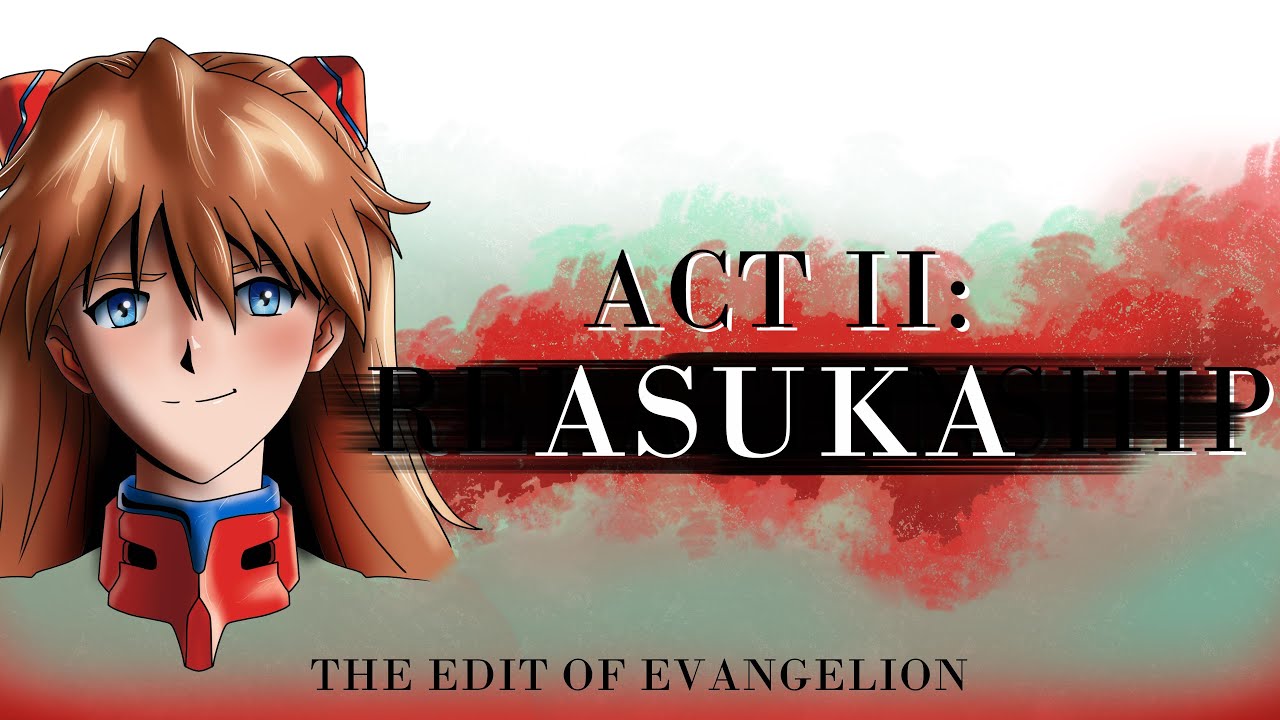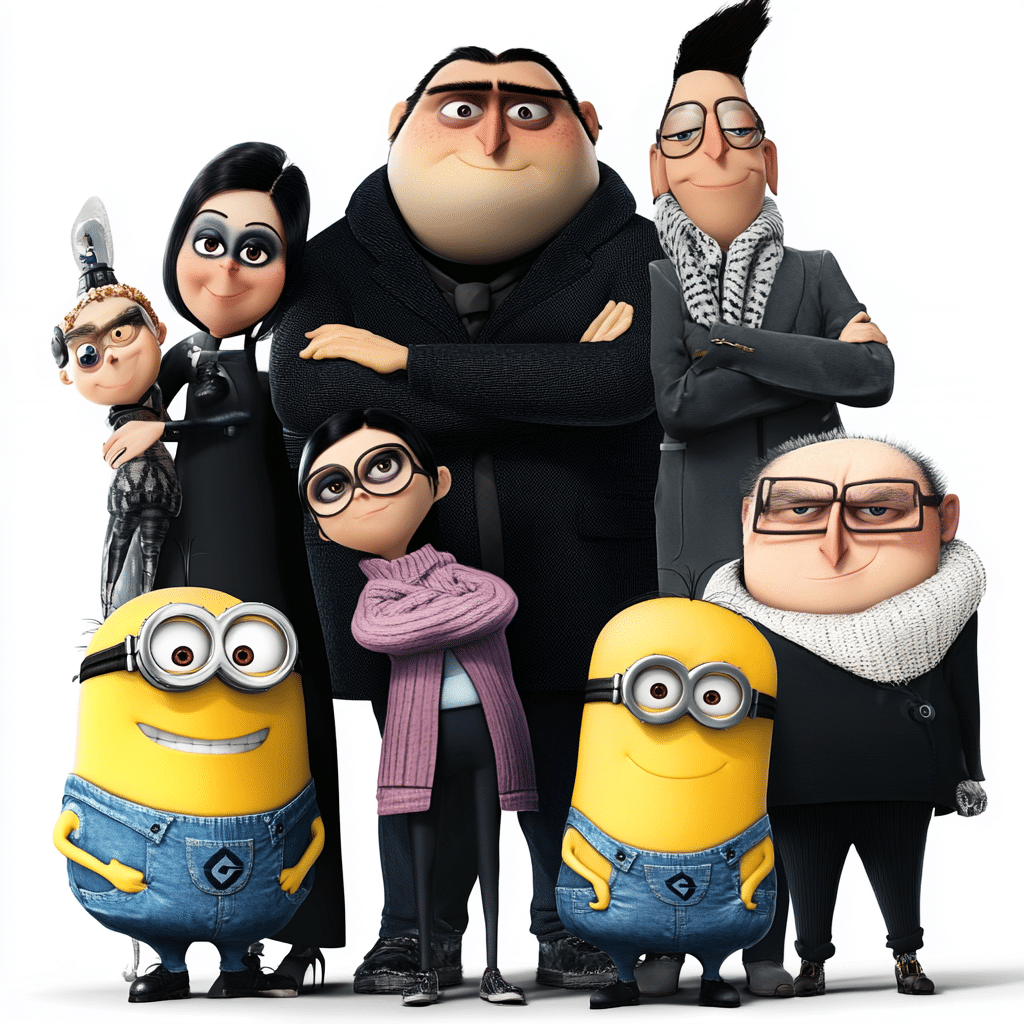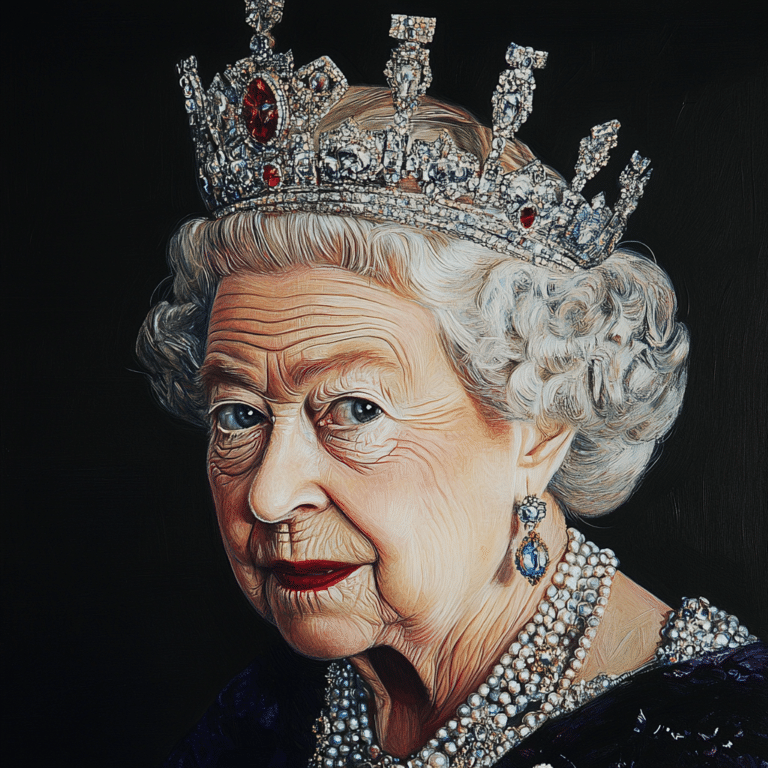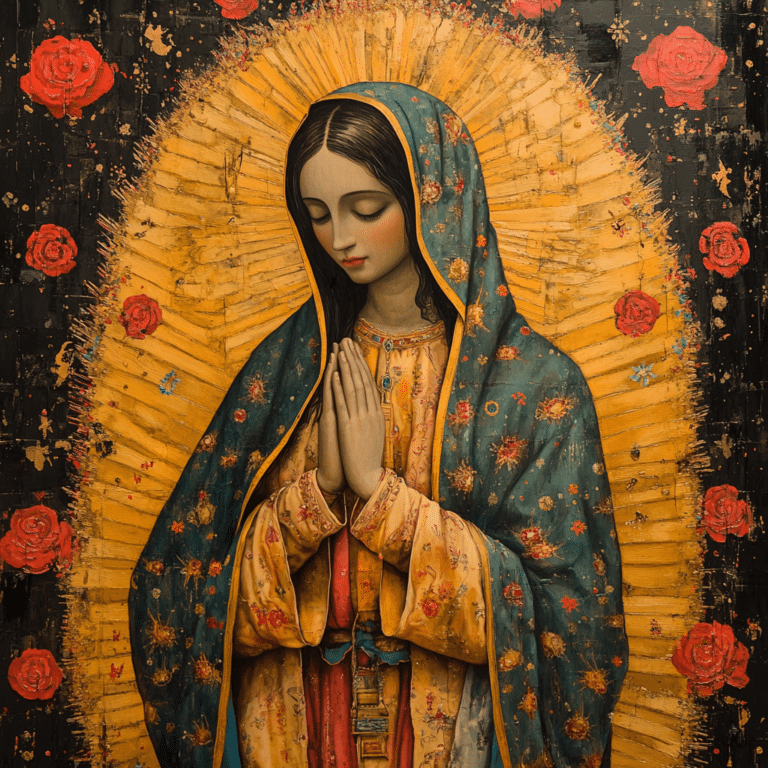Asuka Evangelion. The name alone conjures a whirlwind of emotions, memories, and intense discussions among anime fans worldwide. From her flashy introduction in Neon Genesis Evangelion to her complex evolution throughout the series, Asuka Langley Soryu embodies the struggles of finding one’s identity while grappling with unresolved pain and trauma. The heart of her narrative isn’t just about giant mechs and angels; it dives deep into what it means to be human, to feel defeated, and yet to rise again. So, grab your plugsuit and get comfy as we explore Asuka’s extraordinary journey through time and pain!

The Evolution of Asuka Langley Soryu in Neon Genesis Evangelion
Asuka starts off as a fierce and confident pilot, exuding bravado that often comes off as arrogance. She’s quick to brag about her skills, making it easy to underestimate the emotional turmoil bubbling under the surface. In reality, Asuka’s character is a crystal-clear lens into the everyday battle with trauma and identity. What’s fascinating is how this previously untouchable character gradually reveals her vulnerabilities, creating a rich tapestry of emotions that resonates with anyone who’s ever felt pressure to succeed or struggled with feelings of inadequacy.
As Neon Genesis Evangelion progresses, her story takes a dramatic turn. We see how her past, marked by familial dysfunction and emotional neglect, heavily influences her present-day actions. This leads to her internal conflict where her bold exterior often clashes with feelings of loneliness and fear of rejection. Just like most of us, she yearns for acceptance and love—only to find herself tangled in expectations that seem insurmountable. Asuka’s narrative is a reflection of the broader struggle many face—trying to balance an image of strength while confronting deep-seated emotional wounds.
Her journey evokes our empathy, drawing us closer to her. After all, who hasn’t masked their insecurities with a facade? Asuka becomes relatable—not because she’s a mecha pilot—but because she’s human, just like the rest of us navigating this chaotic world.

Top 5 Pivotal Moments in Asuka’s Journey
Asuka’s narrative isn’t just about heroic battles; it’s dotted with moments that define her struggle. Here’s a closer look at the top five pivotal moments that shape her character arc:
The Symbolism of Asuka in a Post-Apocalyptic Landscape
Asuka stands as more than just a pilot in a cursed series. In the backdrop of a post-apocalyptic world, she embodies the collective struggles of a generation infused with existential dread. Each layer of her character signifies the aftermath of familial issues and societal expectations—arguments that still ring painfully true today.
Asuka’s journey is a poignant reminder of how our past influences our present and future. She represents those grappling with mental health issues, helping raise awareness in a world often reluctant to discuss such topics. Much like how Neon Genesis Evangelion pushes us to confront our discomfort, Asuka’s experiences compel us to reevaluate our perceptions of trauma and its lasting effects.
The themes surrounding Asuka’s character offer valuable discussions about mental health and generational trauma, speaking to today’s audiences. When characters like her reflect our lived experiences, there’s an undeniable bond formed—one that resonates long after the credits roll.

Asuka Evangelion’s Impact on Contemporary Animation and Culture
Let’s face it—Asuka isn’t just an iconic character from a beloved series; she has undoubtedly shaped the landscape of contemporary animation and pop culture. Her influence stretches far beyond the boundaries of Neon Genesis Evangelion, spawning numerous conversations around female representation in anime. With her nuanced portrayal, Asuka helped redefine the archetype of strong female leads—melding boldness with emotional depth.
Designers, writers, and filmmakers have drawn inspiration from Asuka’s character. She paved the way for a host of other female characters across different media, allowing for a broader range of authentic female experiences to be represented on-screen. What used to be the cookie-cutter portrayal of women in animation has instead morphed into a more diverse set of narratives reflecting true emotional complexity.
From discussion forums to fan art and even cosplay, Asuka has cultivated a dedicated fanbase. The community dives deep into analyses of her personality, exploring the layers that make her such an enduring figure. This cultural investment showcases Asuka’s relevance in discussions around mental health and identity, proving that anime can be a bridge to understanding ourselves better.

Fan Reception and Community Analysis of Asuka Evangelion
Ah, the fandom—this is where things get interesting! Asuka has garnered a passionate following, with fans online immersed in discussions about her character and symbolism. From heart-wrenching fan art to in-depth scholarly articles, her multifaceted personality fuels ongoing conversations in various digital spaces.
Fans celebrate Asuka as a symbol of resilience and complexity, capturing moments of her plagued struggles and fleeting triumphs. Communities delve into her story, dissecting every layer of her character arc. There’s humor, sadness, and everything in-between as fans resonate with her journey and share their own struggles. It’s like finding camaraderie in a shared narrative—a depiction of vulnerability that rings true for many.
Even the term “asuka evangelion” has become an artifact in this informal dialogue. Fans quote her infamous lines, analyze her relationships, and reflect on how she exemplifies certain truths about mental health. This interactivity not only enhances fan experience but also maintains Asuka’s relevance in a fast-paced world.
Reflecting on Asuka’s Enduring Legacy
As we reflect on Asuka Langley Soryu’s journey, it’s clear her story transcends the screen. Asuka represents the struggles that resonate within us all, making her journey a timeless figure in the realm of animation. Neon Genesis Evangelion opened up vital conversations around the human experience, demonstrating that pain is not merely an endpoint but a stepping stone toward greater understanding.
Through Asuka, we learn that it takes courage to confront our demons, and that vulnerability isn’t a weakness but a strength. Her story is a touching reminder of the importance of emotional honesty in a world often consumed by pretenses. So, let’s celebrate Asuka’s extraordinary journey—a narrative that truthfully reflects the intricate dance of life, love, and resilience.
Whether it’s through the lens of mental health, gender representation, or personal growth, Asuka Evangelion will continue to inspire and resonate. Her legacy intertwines with our own, making her journey a timeless guiding light for generations to come.
Asuka Evangelion’s Extraordinary Journey Through Time and Pain
Asuka Langley Soryu, the fiery pilot from “Neon Genesis Evangelion,” has captured the hearts of anime fans worldwide, and her journey is nothing short of a rollercoaster. Did you know that Asuka is inspired by various cultural references? From the goose Top Gun pilot aesthetic to her complex relationship with her mother, her character embodies layers of psychological intricacies that leave viewers both intrigued and sometimes even a little Uncomfortable. You can read more about how these elements play into her narrative at uncomfort.
The Many Faces of Asuka
Asuka isn’t just a pilot; she’s a representation of youthful struggle and resilience. In one of the most striking character arcs in anime history, she deals with pain, isolation, and a fierce desire for validation. This intense inner turmoil can be likened to the kind of situations faced by real-life figures, such as Meghan Markle, who deals with public scrutiny and personal challenges. While Markle’s story highlights real-world pressures, Asuka’s experiences provide an intricate commentary on the pressures young people face under expectations. Speaking of expectations, when it comes to introducing characters like Asuka, a well-crafted first impression is critical—similar to a self introduction speech example that sets the tone for personal stories.
Symbolism and Influence
Asuka’s journey is filled with symbolism, from her fiery red hair to her commanding presence within the cockpit of her Eva. This symbolism has led to a rich fan culture, giving rise to various interpretations and discussions. For example, understanding the term “horsefeathers”—a playful way to say nonsense—might help fans articulate lighter moments in Asuka’s often burdensome narrative. To dive deeper into her story, one might also explore the dynamic friendships depicted in the series, drawing parallels to the characters like Hana Haruna, whose emotional complexity resonates well with Asuka’s journey.
From Asuka’s fierce determination to her psychological struggles, her character is an exemplar of human emotion wrapped up in a fantastical narrative. Interestingly, her relationships with other characters echo real-life artists like Billie Joe armstrong, touching on themes of pain, rebellion, and connection. As fans explore Asuka’s layers, they can also see how this anime icon helps foster dialogues about mental health and societal expectations—topics as relevant today as they were during the show’s launch. All of this makes Asuka an eternal figure for discussions, where her legacy continues to unfold, just like the unexpected twists in the films featuring characters like Odessa Azion. In the end, Asuka Evangelion remains a powerful symbol of human experience, one that resonates on multiple levels for audiences around the globe.

Is Asuka 28 or 14?
Asuka is chronologically 28 years old, but she hasn’t physically aged due to the “curse of Eva,” which is related to her experiences with the Evas and the Angels.
Why did Asuka lose her eye?
Asuka lost her eye when Bardiel contaminated her during the fight over Eva-03, splashing her with a blue goo that affected her vision, leading to her wearing the glowing eyepatch.
Who is Asuka in love with?
Asuka is romantically in love with Shinji, though he sees her more as a friend, which creates tension due to her feelings of being surpassed by him.
What happened to Asuka in Evangelion?
In Evangelion, Asuka’s body becomes separated from her Eva but is intertwined with the cores of Eva-02 and her mother’s soul, which leads to her physical death while others use her body.
Why do 14 year olds pilot EVAs?
The pilots are generally 14 years old because they’re chosen for their unique compatibility, which allows them to sync better with the Evas, even though it raises ethical questions.
Was Asuka on her period?
There’s no indication that Asuka was on her period in the series; her emotional turmoil and reactions seem more tied to her complex relationships and trauma.
How did Asuka lose her teeth?
Asuka’s teeth were lost during intense encounters, particularly during battles where the physical strain and emotional stress played a role in her overall well-being.
Does Asuka have an angel in her eye?
Asuka does not physically have an angel in her eye, but the blue eyepatch symbolizes the angel contamination she endured, connecting her to the broader themes of the series.
Why does Asuka hate Shinji?
Asuka’s hate for Shinji stems from her frustrations with his perceived weaknesses and her feeling that he doesn’t genuinely understand or value her struggles and achievements.
Who is Shinji’s girlfriend?
Shinji’s primary romantic interest is Asuka, even though their relationship is quite complicated and not traditional.
Is Rei Ayanami an angel?
Rei Ayanami is not an angel, but she has a connection to them and is also linked to the series’ overarching themes of identity and humanity.
Did Shinji kiss Asuka?
Yes, Shinji and Asuka share a kiss in the series, but the moment is layered with tension and doesn’t necessarily signify a true romantic connection.
Are Shinji and Asuka the only survivors?
There are other survivors aside from Shinji and Asuka, but their stories intertwine with those of Rei and Misato, adding complexity to the narrative.
Does Asuka have a child?
Asuka does not have a child in the series; her storyline focuses more on her personal struggles and relationships rather than motherhood.
What was the spear that killed Asuka?
The spear that killed Asuka isn’t directly identified, but it relates to the ongoing conflicts with the Angels and the Evas, adding to the tragic nature of her fate.






















